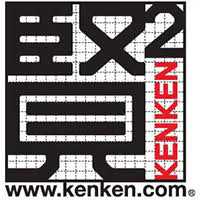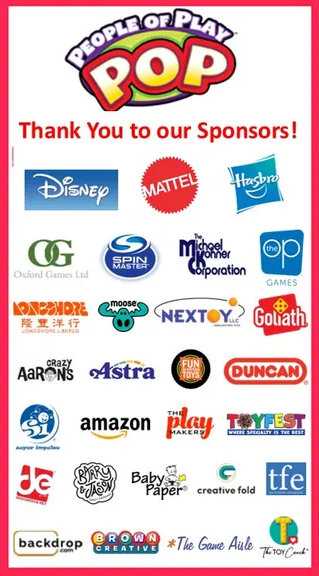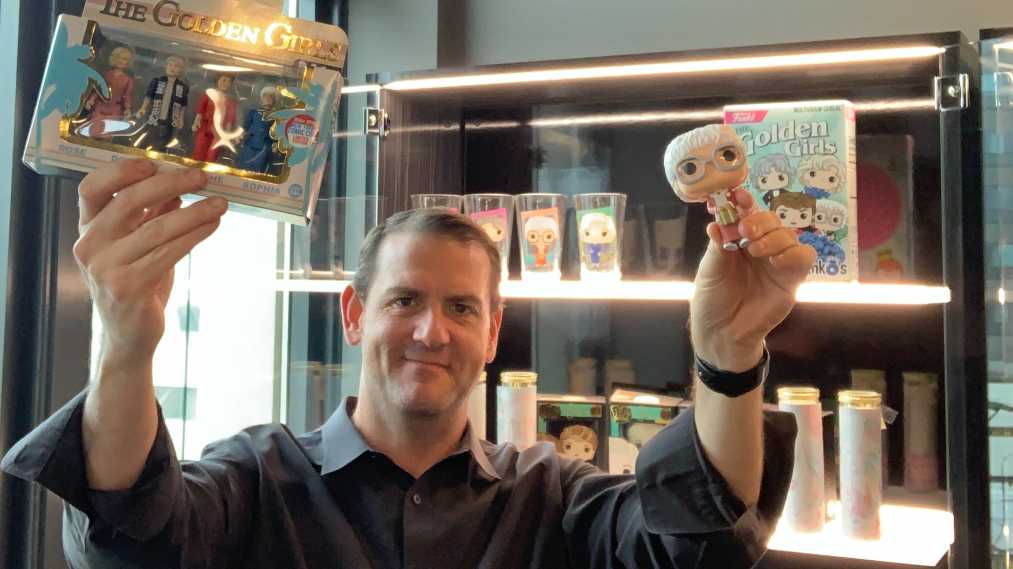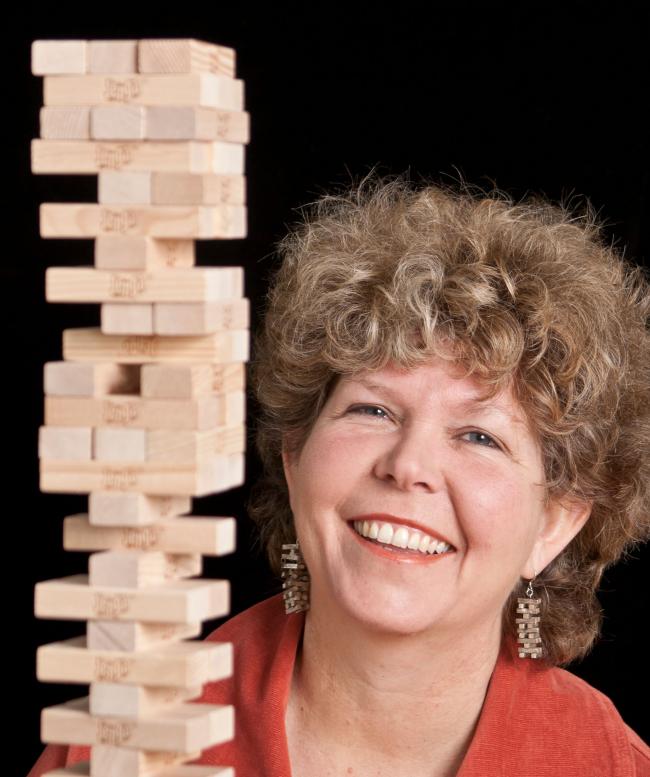*Opinion Article - Concepts below are explained with a lack of detail for ease of comprehension*
This article is structured like a conversation so I can use layman’s terms. There are arguably much better articles out there for crypto stuff, but I hope this one helps you see a different perspective.
Last we talked, you said that some 3-letter acronym was the next big thing, the future of work in a sense. I’ve still got my full-time job and I don’t see that changing anytime soon. Change my mind?
I’m not going to change your mind. You have to do that. You’ll do it either when you’re comfortable enough with the content, or you decide to ape in because of the benefits. I’m guessing it’ll be the latter due to the complexity of the information and how quickly this space is developing. Single use cases that apply directly to you are much easier to grasp than abstract musings about the entire space, and unfortunately, we’re in the philosophical stage right now.
That said, I’ll give you a heads up of what’ll be hyped beyond belief next year. Everyone will have their panties in a bunch about a DAO, which is an acronym for Decentralized Autonomous Organization. 3 long words that make you want to put a bullet in your head.
Settle down, it’s not that bad. It’s just different. Think of DAOs as a new type of business structure, like an LLC or a C-Corp. Interestingly enough, they’re already legal as a business structure in Wyoming.
Ok so what is a DAO and why does it matter. Wyoming? Really? I didn’t know anything happened there.
Wow ok, don’t do Wyoming dirty like that. They’re just trying to blow up on the global scene like their only landmark Old Faithful.
Every business you’re aware of follows a relatively common structure. There’s leadership, management, employees, stakeholders, and customers. These businesses follow various hierarchical models of control and ownership to cooperate effectively enough to bring a great (or sometimes crappy) product to market. DAOs are exactly the same, except they’re not the same at all.
**DAOs are formalized business structures to support human cooperation in extremely malleable ways.**
In a DAO, there doesn’t have to be a leadership team. Instead, the processes of the organization are governed by code and smart contracts (remember when I said those were important?). In addition, DAOs often/always have tokenomics (token economics) as their main transfer of value.
Basically, there’s a specific cryptocurrency that the founding members of the DAO create, which functions as the shares of the business/protocol, among other uses. Each DAO has a different token. This is one reason why there’s almost a million different tokens out there right now. Imagine if Amazon has PrimeCoin, Google has Googold, and Facebook has… Diem, previously known as Libra. Those are just tokens/money within the DAO. (Please note, none of those companies are DAOs. This is just an example to help wrap your brain around it. On a side note, Facebook, err, Meta, really missed an opportunity to call their currency ZuckBucks.)
Ok so a DAO has tokens that serve as money/value, and its processes are written in open-source (transparent) code. Ask me another question so I can break up this monologue, will ya?
Umm. I don’t understand why it matters yet.
Right, sorry. Getting to it. It’s a dense topic. This is a whole neewwwww woooooooorld.
Yeah, you keep saying it’s a new world, but the sky is still blue and grass is… green for now. Wait, is this about the damn metaverse again?
Yes, it’s definitely about the metaverse. But let’s focus on DAOs for now. Let’s take an imaginary Google for example.
If Google was a DAO, you could buy Googold tokens (great name right?), and then owning that Googold makes you a shareholder (token holder) of Google. Every time you use the service, you’d pay in tiny amounts of Googold (<$0.0001) instead of paying with your personal data. You can also ‘stake’ your crypto (usually Ether) into Google’s protocol to earn Googold from all the consumers using Google as a service. As a result, the users are essentially paying the people who support the service financially to make a circular ecosystem. This is an extremely common feature of crypto protocols/businesses known as staking, and it’s a main piece of ‘proof of stake’ which is central to decentralized formats.
In essence, you can make money by parking your money in a service that you use regularly. It lends your money to the business to then deploy while it pays you back in native crypto tokens. The model sits in between ‘free to use’ and the dreaded ‘paywall’ since you can unpark your money whenever you want (usually, if the pool is big enough).
In addition, if you’re a Googold holder, you can vote on improvements to the DAO protocol known as Google, or you can vote on where capital held by the DAO Google treasury (known as PCV: protocol controlled value) should be allocated. Congratulations, you’re a stakeholder of the organization and a baby crypto enthusiast who understands alphabet soup.
I’d rather use Google because it’s free. I don’t care that they harvest my data, anonymize it, and sell it to the highest bidders. I don’t care, because I don’t want to have to care about every little thing every company I use does with my data. Nothing’s private anymore anyway.
Fair. I don’t want to vote on everything either. But now, you can be an owner and a voter in any DAO of your choice! You don’t have to participate, but you can if you choose! And you can sell your tokens super easily if you wanna leave, it’s just as easy as selling shares of a company on Robin Hood, except it’ll likely be sold on a DAO protocol called Uniswap. This is the largest decentralized exchange in the world, and yes, it is a DAO, even though it didn’t start as one.
The coolest part though, is if there’s a job that you can do for Google, they’d pay you in Googold without you needing to be officially hired in the first place. You can basically do freelance work for them and submit work for monetary rewards.
That… there’s a lot of issues with that. What if you sucked? Do you still get paid? Wasn’t the point of full-time employment about protection for the workers rather than the corporation? What if…
I’ll stop you there. Yes, there are a lot of issues with it. A LOT. At its heart though, it’s created a way for organizations to tap the power of the masses in a scalable way. The most invested consumers in a product’s success become the biggest supporters both financially and emotionally. The best way I’ve heard it described is: “It’s a community making a product, rather than a product trying to find a community.” It’s not all bad!
DAOs are still in their infancy. DAOs are a new way for humans to coordinate work and deploy capital. You will still need decision makers to give verdicts and feedback on work to grow the protocol/business, or you can allow some/all token holders to vote on all those decisions.
- It is Decentralized because anyone and everyone can jump into the organization to provide value. There is no governing body that restricts you.
- It’s Autonomous because there is no external arbiter or legal system governing it besides transparent code. Code is law.
- It’s an Organization because it involves humans cooperating to create value in a legal business structure (at least in Wyoming).
I’d like to argue that DAOs could function better with centralized decision makers (leadership/structure) instead of a mass of voters because trying to get everyone to understand enough nuance to cast votes is inefficient, politicized, and is liable to fall to the tyranny of the majority. #America
So… DAOs are not actually that good?
Some use cases are spectacular, but not all just yet. It’s still very early. There’s a platitude commonly thrown around in the space called the 90/10/1 rule.
- 90% of your members in a DAO won’t do anything. Maybe they’ll vote every once in a while.
- 10% of your members will do work to improve the business/protocol.
- 1% of your members will be the superstars who coordinate the workers. Yes, that equals 101%. #synergy
The reality of this so-called rule makes me cringe. The fact that 90% of stakeholders don’t do anything is really bad for the growth of a business which is why I don’t think DAOs are that effective yet. But mark my words, someone is going to figure out the optimal structure to tap the minds of the masses in a financially incentivized way.
Ironically, I believe that formalized, centralized, hierarchal decision makers may be the answer. At the same time, maybe it’s right to have the organization function like a democracy where the decision makers are voted into power every 4 years based on KPIs that are determined by a small consortium of engaged members to further the mission established at the founding of the DAO. Where’s RBG when we need her.
Maybe this formalized leadership structure can even be formatted as a tryout that is held every 5 years where self-organized teams try to create the most value for the business based on objective KPIs, and the winning team becomes the leadership? That’s rife with issues too, but it may spark something. The solution might be right in front of our faces.
Capitalism, combined with the free market and effective regulation, is our best format for sustained innovation over time. Maybe we can integrate ideas from that as well? At the end of the day, humans are doing the work and humans are benefitting, so we need humans making the decisions on what to prioritize and follow. DAOs still follow this model, but they lock in repetitive processes with autonomous code known as smart contracts that can transfer value efficiently.
Clearly this hasn’t been figured out yet if you’re postulating about the structure. So why will DAOs be worth the hype?
Yeah, this nut still hasn’t been cracked yet. Interestingly enough, the best correlate to DAOs are Co-ops, which are legal business structures that gave rise to companies like Visa, Land O’Lakes, and REI. Just by virtue of you likely not knowing about co-ops, it seems like they’re inefficient right? Are they destined to socialist hell?
DAOs solve a lot of the inefficiencies of co-ops. I won’t go into the details because it’ll take a whole article, but DAOs could be the next iteration of employee owned and operated companies! They might make co-ops obsolete due to this OS upgrade.
DAOs will be worth the hype because of the benefits they provide to the consumer. As a consumer, you can now use a service, make money from that service, and improve that service in ways that you see fit to easily make the service better for the whole community. It transforms you into an owner, a stakeholder, in the company if you want to be one. You’re no longer just a consumer who has their value extracted for the players up top. It’s still capitalism, but it’s a much fairer capitalism in the age of exponential scale. Boomers can rest easy now. Just kidding, this’ll probably be lambasted as socialism by people who have no idea what they’re talking about but think that they do.
Risk, historically has been asymmetrically taken on by founders and VC capital providers who have lots to lose, can now be spread out to consumers who want to solve a communal problem who might not have a lot to lose but much to gain.
Instead of an entrepreneur having a vision to solve a problem for a community by developing a product, a community can come up with a product that solves their own problem. Plus, they now have shared ownership and governance over that solution for as long as they want. As a result, you can be a freelancer who jumps between DAOs, creating value for what you are most experienced in or passionate about while getting paid for it. Future of work?
Sounds utopian, I know. It’s early. No one’s really figured it out yet. Will you?
What would you do if you could financially incentivize a group of people to solve a problem that the group has? What would you create? Would it be in an under represented niche? A problem that you’d pay a lot to solve but the market overlooks because it’s too small?
I really need a use case to wrap my head around.
The first DAO ever made showed up just 7 years ago. Some of the earliest and still functioning DAOs are social clubs, financial market makers, and investment pools. For example, there are DAOs that vote on what absurdly expensive NFTs to buy (like a CryptoPunk, Bored Ape, or a Neo Tokyo Identity). Since everyone can pool their capital and vote on decisions, this is an ample use case because risk is diversified and a group can purchase things at higher price points than an individual.
Believe it or not, this diversification of risk is what created the modern markets that we know today. The entire financial system is all about moving risk around effectively. DAOs provide a legal vehicle to manage this risk faster, in a more secure way, with governance, to create community owned value while maintaining liquidity. Someone is going to figure out the right vehicle, the right DAO structure, to create incredible value for markets big and small. Get ready.
Unfortunately, I don’t have many better use cases. Yet. You’re officially on the bleeding edge of crypto and web3. Welcome to the future. We’re glad you’re here!
Want more articles to go deeper?
https://future.a16z.com/fantasy-hollywood-crypto-and-community-owned-characters
https://variant.fund/writing/the-ownership-economy-crypto-and-consumer-software
https://vitalik.ca/categories/economics.html
https://www.readthegeneralist.com/briefing/dao
My name is Nick Metzler. I’m a game designer specializing in innovation. If you’d like to learn about the opportunities in this rapidly evolving space, reach out to me and we can set up a consultation where I answer as many questions as I can. This space is going to get more complicated quickly – you may want to learn the basics with me so you can filter out the BS when you hear it.
You can check out my previous 2 articles in the series here and here
Please note, I am not a financial advisor so I will not discuss crypto investment ideas such as buying into an NFT like Visa did, but I will tell you some of the reasons they did it, so you can decide. Full indemnification below.
I’m not a certified financial planner/advisor nor a certified financial analyst nor an economist nor a CPA nor an accountant nor a lawyer, nor any certification of crypto. I’m not a crypto professional through formal education or job experience. I’m a game designer with a business degree. I’m a kid who grew up in Chicago, LA, Brooklyn, and now Austin who sees what future potential these have. The contents in this article are for informational and entertainment purposes only and does not constitute financial, accounting, or legal advice. By responding to this article, you agree to hold me harmless from any ramifications, financial or otherwise, that occur to you as a result of acting on information found in this article.
Recent Blogs
Recent Blogs

Reviews
Toy Review: Crazy Aaron's Thinking Putty, Land of Dough, & Slime Charmers

Press Release
GPI Partners with Kawakids to Bring Advanced Manufacturing to the North American Market
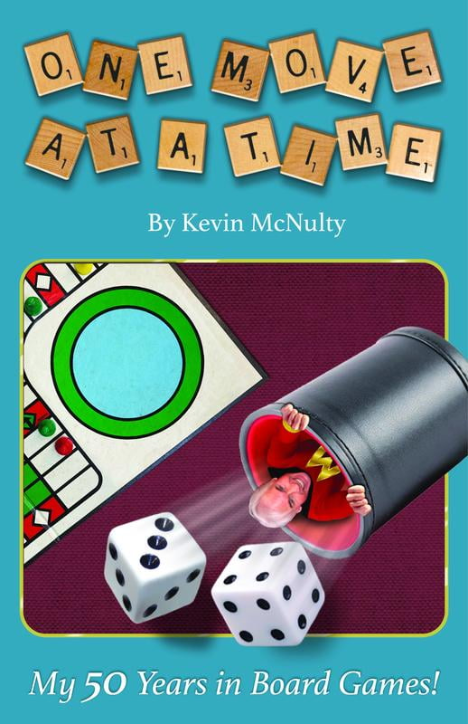
Reviews
BOOK REVIEW: One Move at a Time by Kevin McNulty

Press Release
CARVE COMMUNICATIONS HOSTS CARVE-X @ TOY FAIR – EXCLUSIVE EVENT FEATURES HOTTEST TOYS AND GAMES FROM INDUSTRY LEADERS, CHALLENGER BRANDS, AND START-UPS
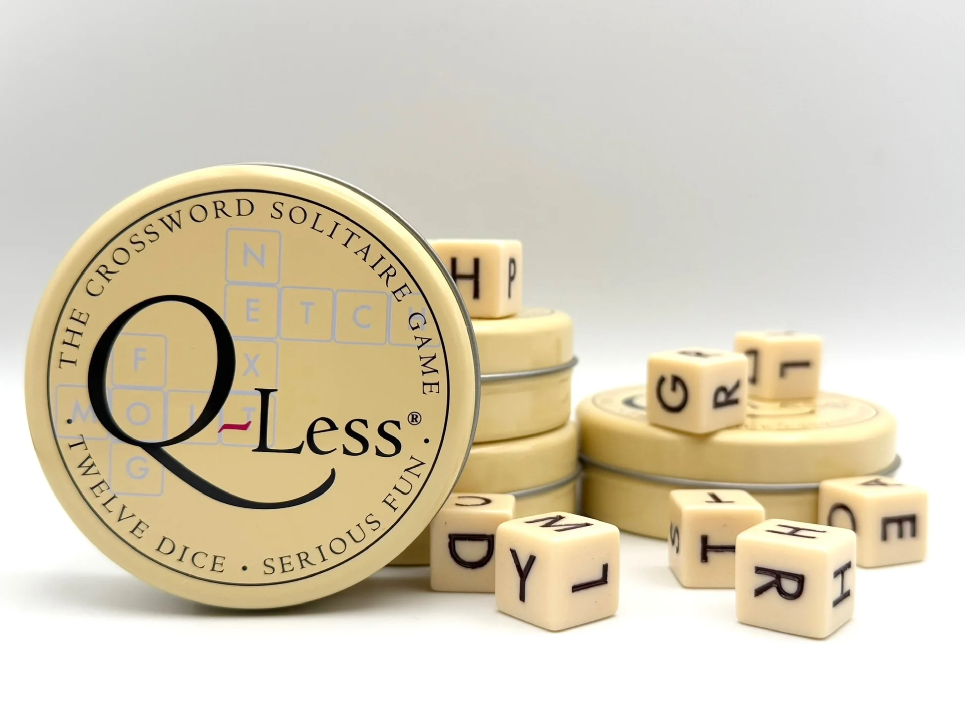
Reviews
Game Review: Q-Less
See more
Recent Wiki

PR and SOCIAL MEDIA
CARVE COMMUNICATIONS HOSTS CARVE-X @ TOY FAIR – EXCLUSIVE EVENT FEATURES HOTTEST TOYS AND GAMES FROM INDUSTRY LEADERS, CHALLENGER BRANDS, AND START-UPS
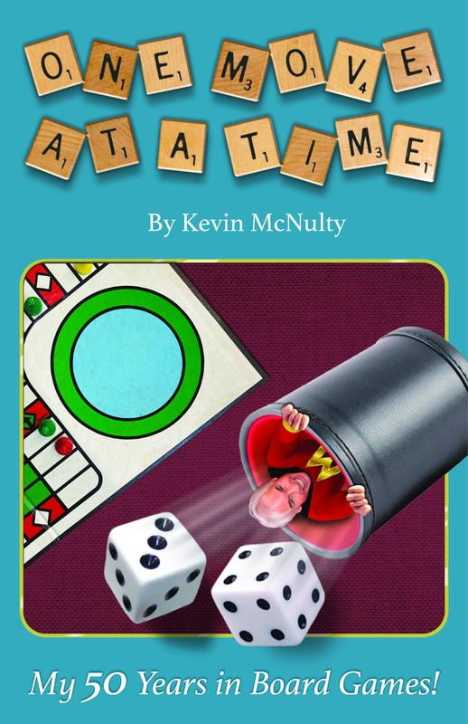
BOOK REVIEWS
BOOK REVIEW: One Move at a Time by Kevin McNulty

COMPANIES
GPI Partners with Kawakids to Bring Advanced Manufacturing to the North American Market

BOOK REVIEWS
Toy Review: Crazy Aaron's Thinking Putty, Land of Dough, & Slime Charmers

PEOPLE
Joe Kling Talks His Impact on the Industry, Career Highlights, and Advice to the Next Generation
See more
POP's Got Talent

POP Entertainment
Randy Klimpert Shares his Ukulele Collection

POP Entertainment
Steve Casino Peanut Art
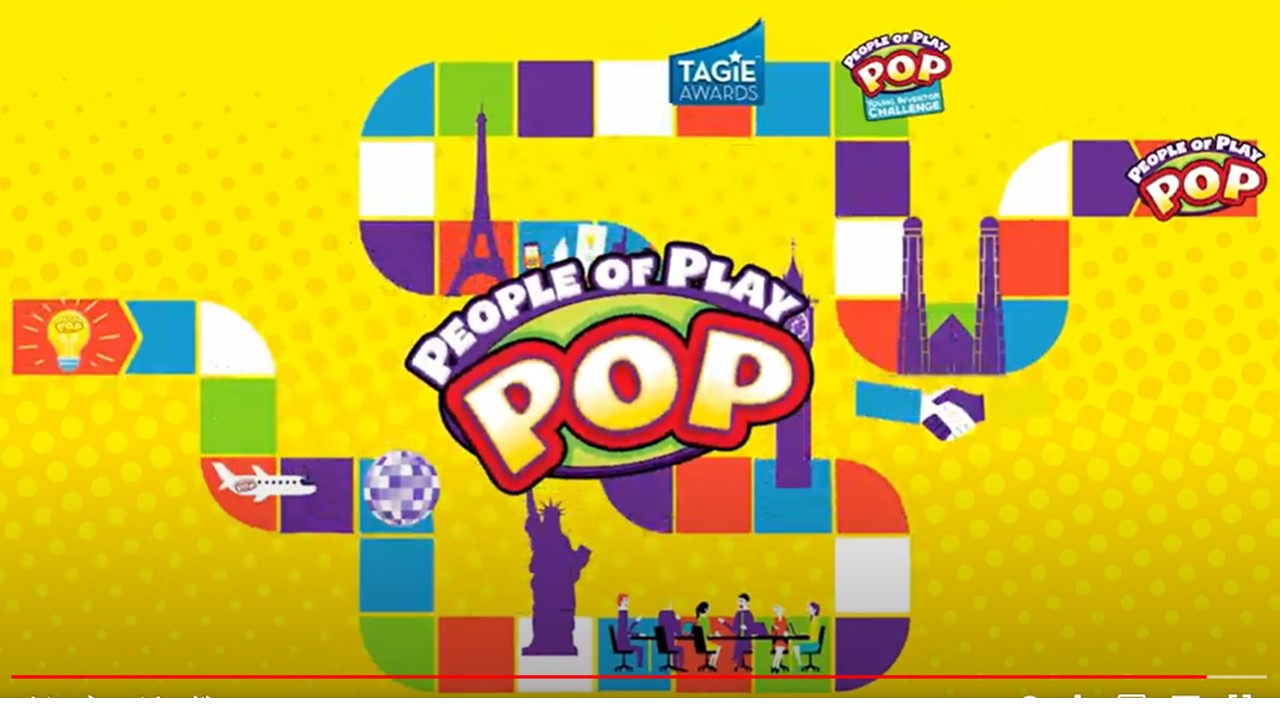
POP Entertainment
Everyone's Talking about POP!
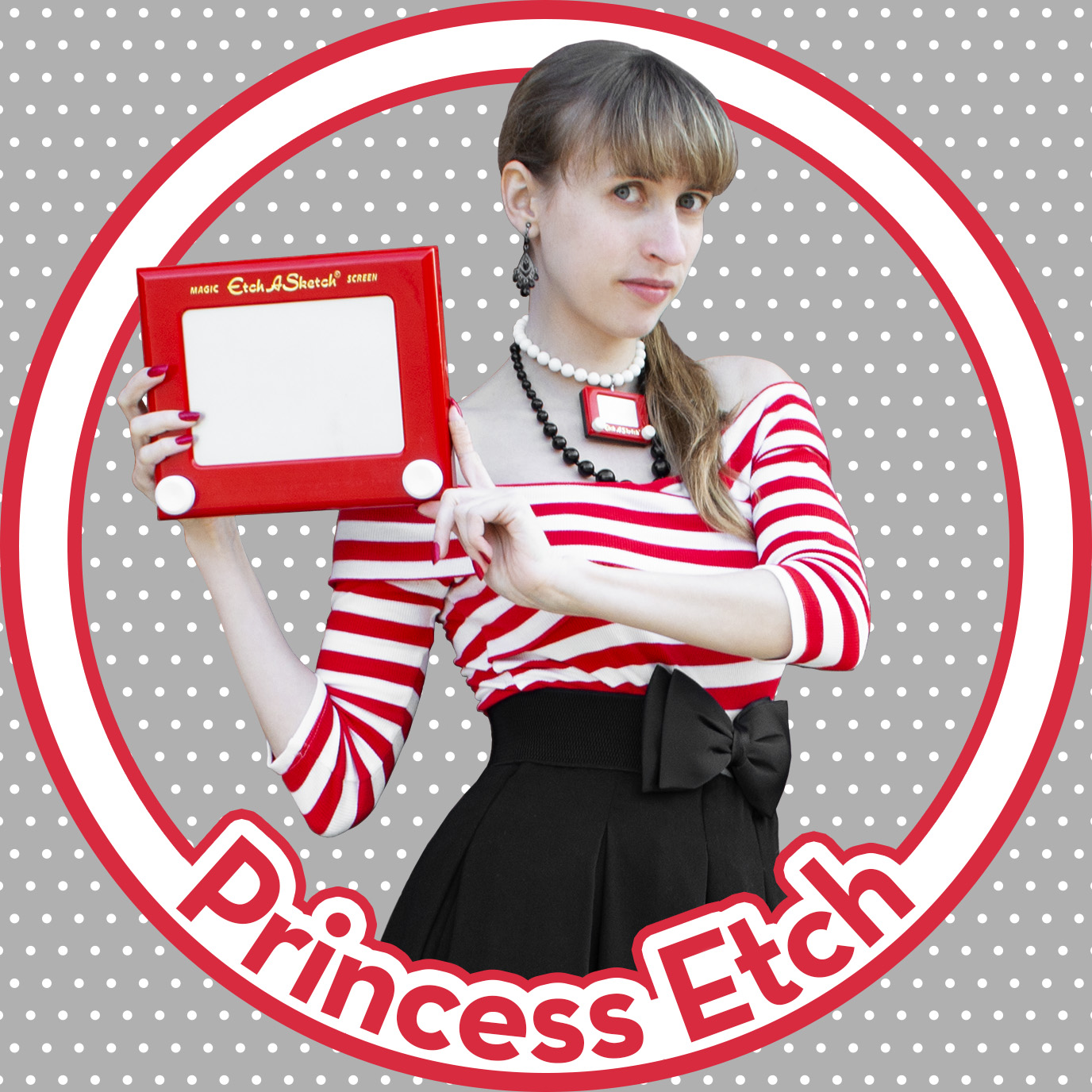
POP Entertainment
Princess Etch - a Multi-Talented Etch A Sketch Artist
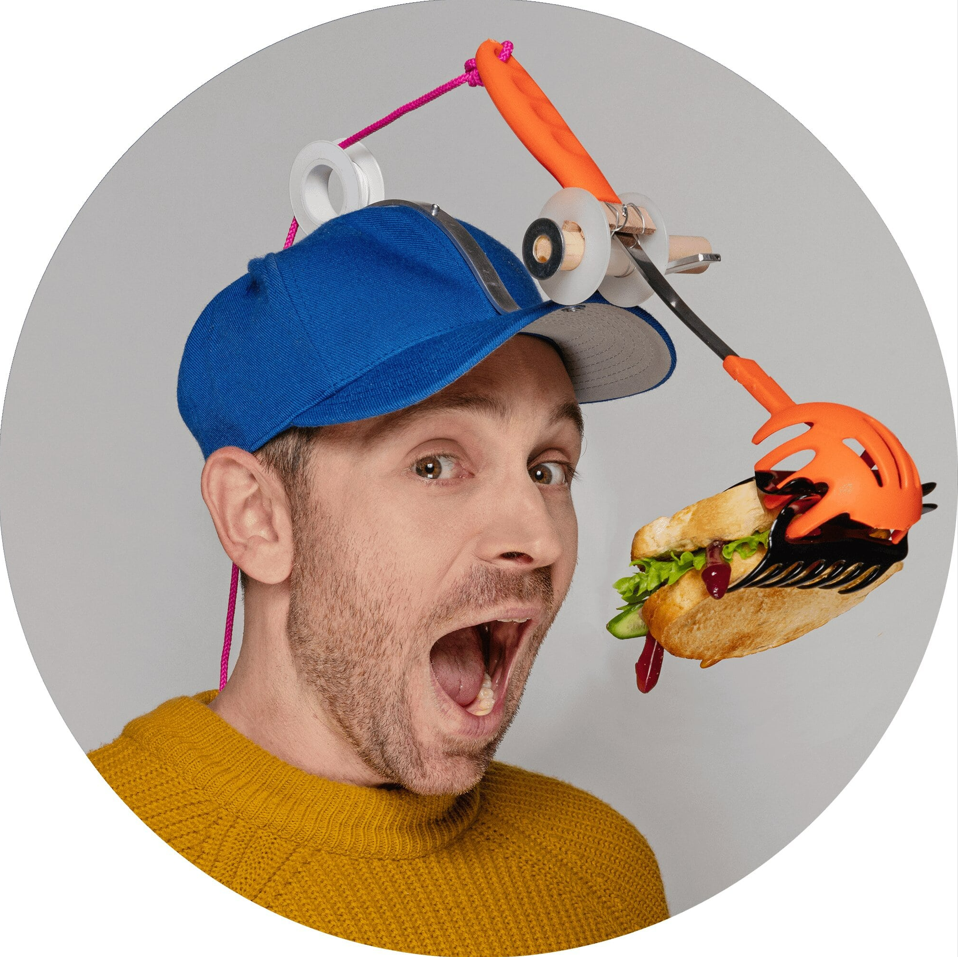
POP Entertainment
Joseph Herscher of Joseph' s Machines.
See more
Recent POPcast
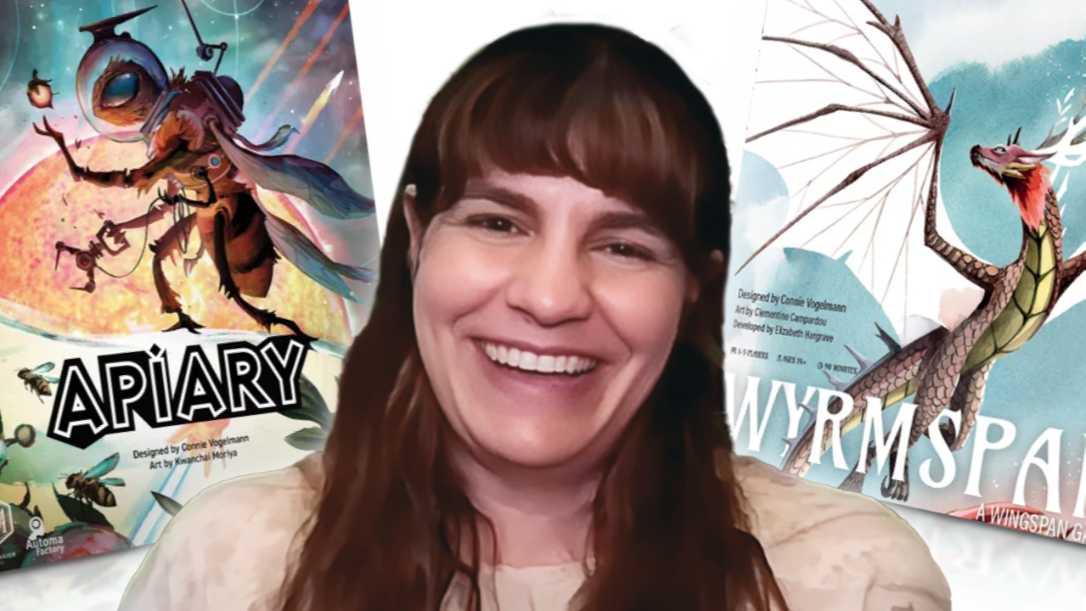
Hidden Role: The Brains Behind your Favorite Games
Connie Vogelmann designed Apiary & Wyrmspan!

Hidden Role: The Brains Behind your Favorite Games
Bob Fuhrer... Is THE Crocodile Dentist!
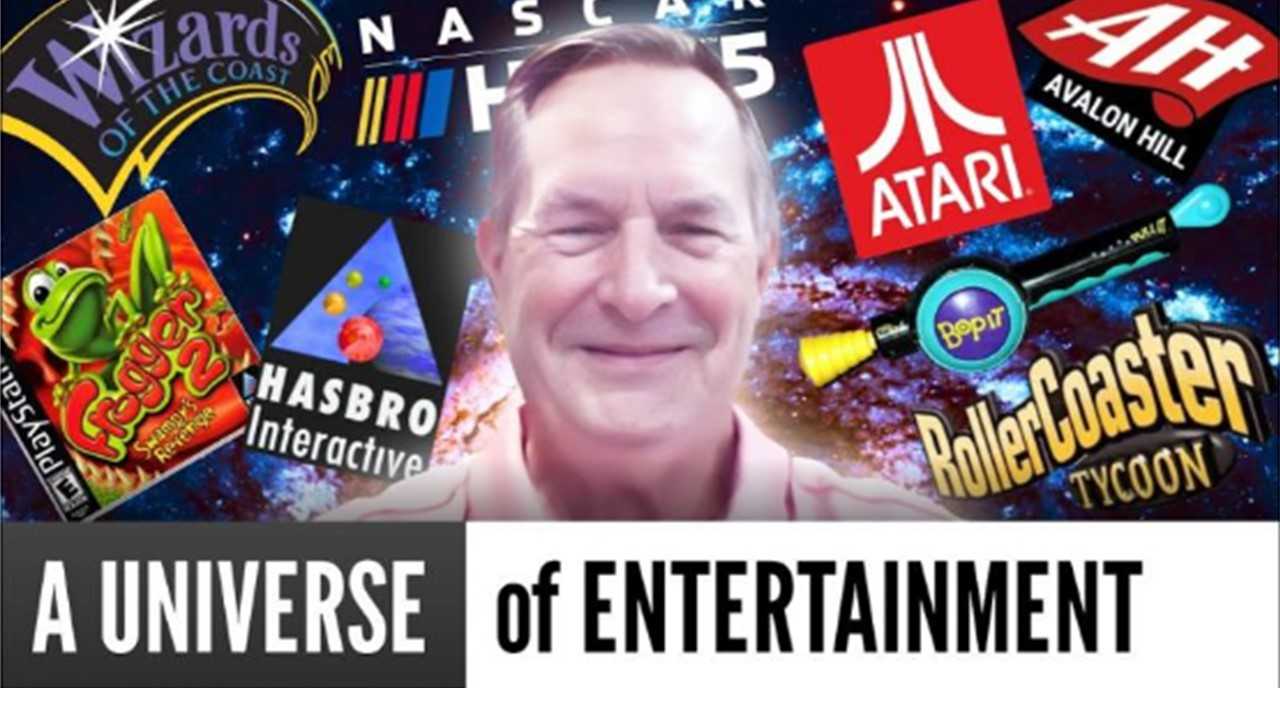
Hidden Role: The Brains Behind your Favorite Games
Tom Dusenberry... Bought Atari, Wizards of the Coast, and Avalon Hill!

Hidden Role: The Brains Behind your Favorite Games
Matt Leacock created Pandemic... the game!

Hidden Role: The Brains Behind your Favorite Games
Scott Brown and Tim Swindle... are Launching a New Sport!
See more
POPDuos

POPDuos: Interviews with Legends and Leaders
POPDuo: Richard Dickson, Mattel’s President & COO, and Kedar Narayan, Young Inventor Challenge AMB

POPDuos: Interviews with Legends and Leaders
POPDuo: Will Shortz and Josh Wardle

POPDuos: Legends and Leaders Explore Creativity
POP Duo: Elan Lee, Co-Founder, Exploding Kittens.and Jeff Probst, Host and Exec Producer, Survivor

POPDuos: Legends and Leaders Explore Creativity
POP Duo: David Fuhrer, MNG Director, Blue Sq Innovations & Shawn Green, past Dodgers & Mets MLB Star

POPDuos: Legends and Leaders Explore Creativity
POP Duo: Bob Fuhrer, Founder, Nextoy and Tom Fazio, Golf Course Designer
See more

